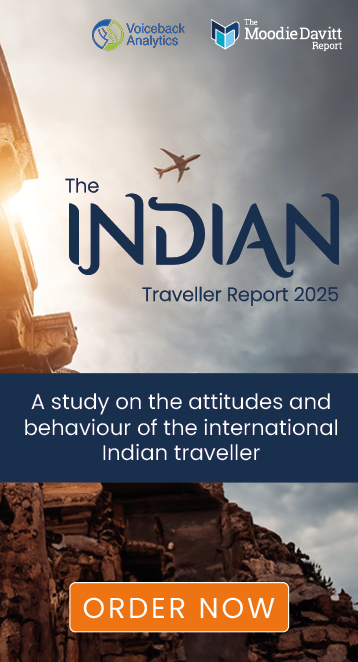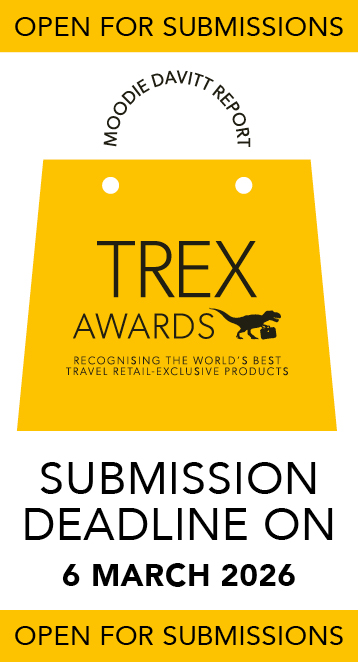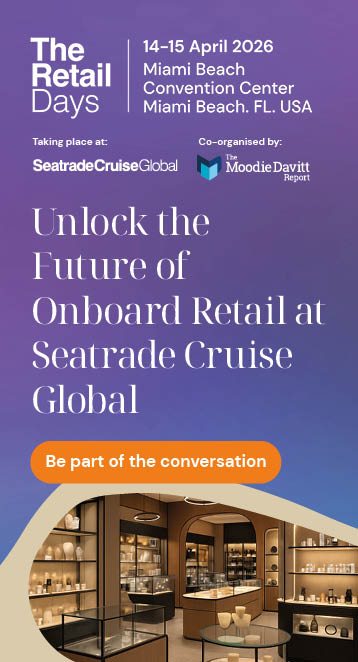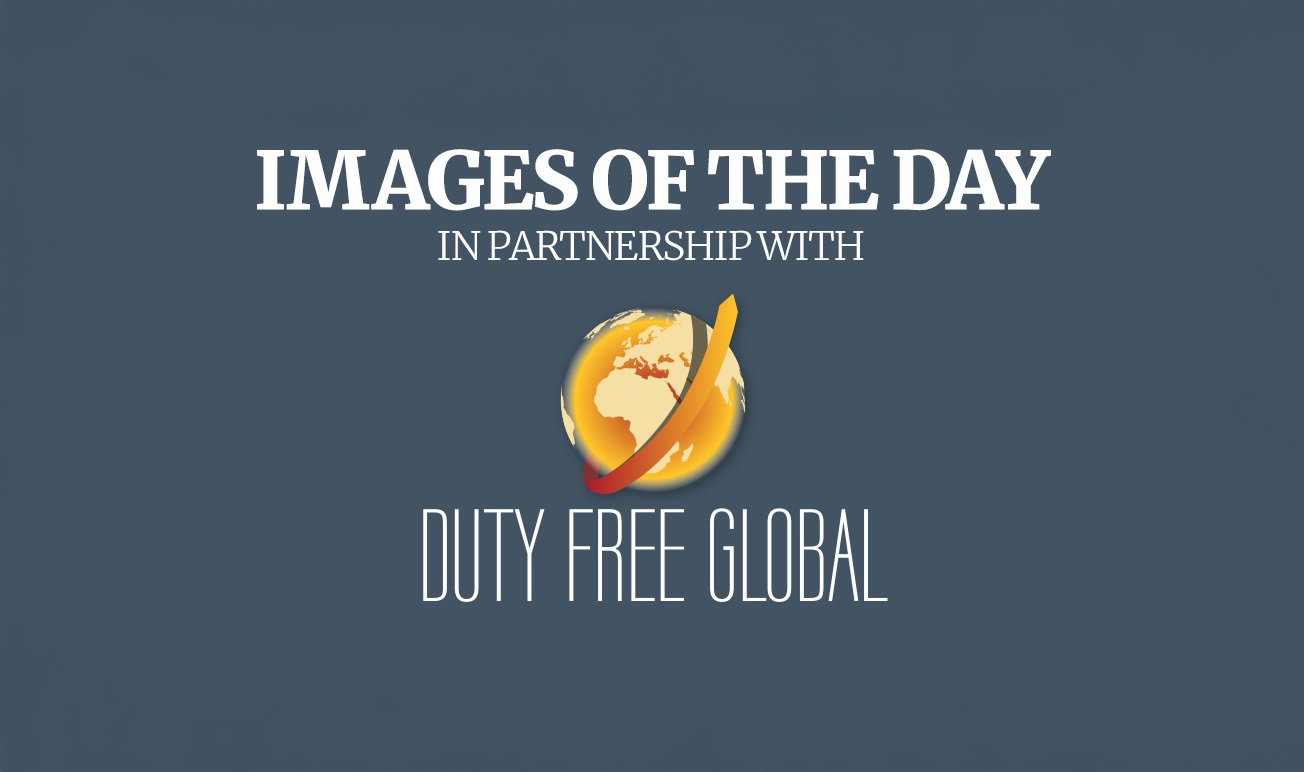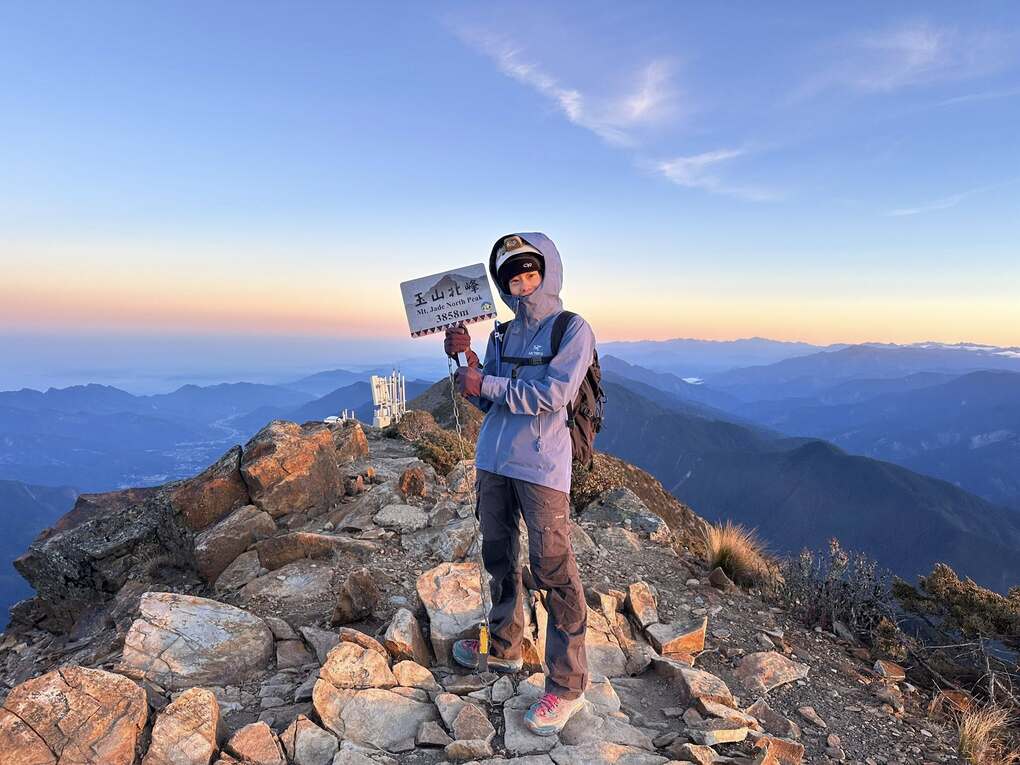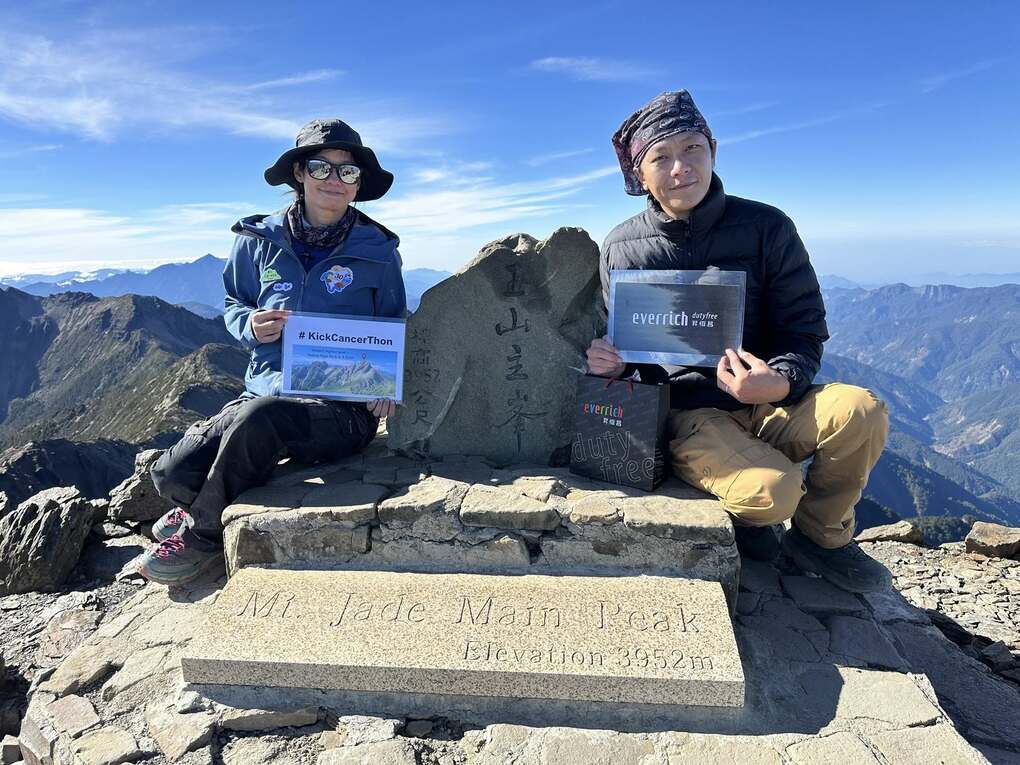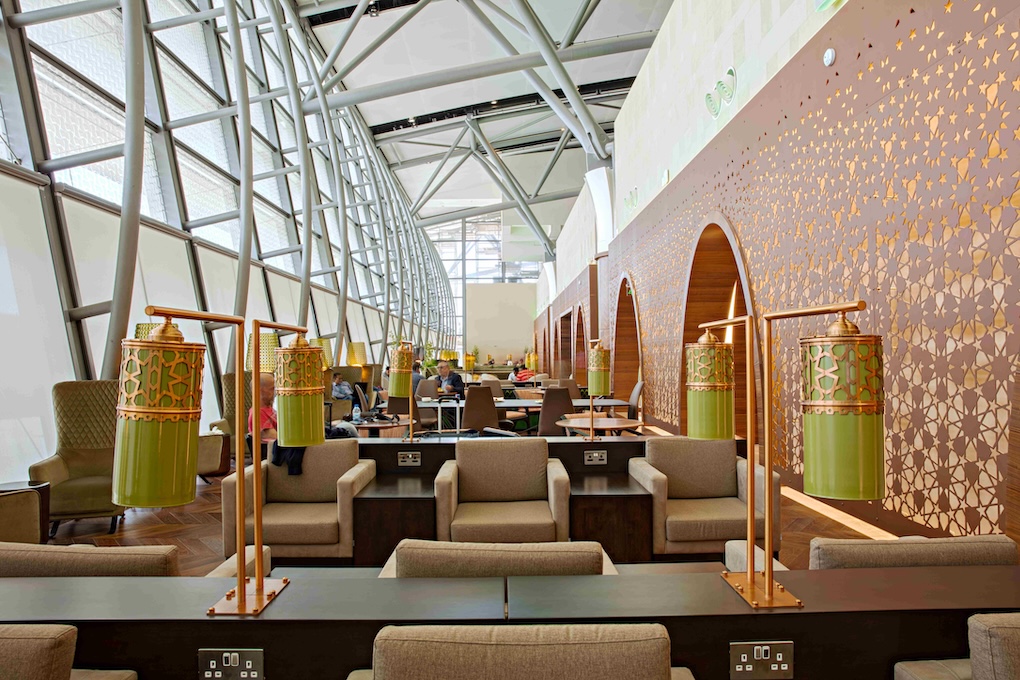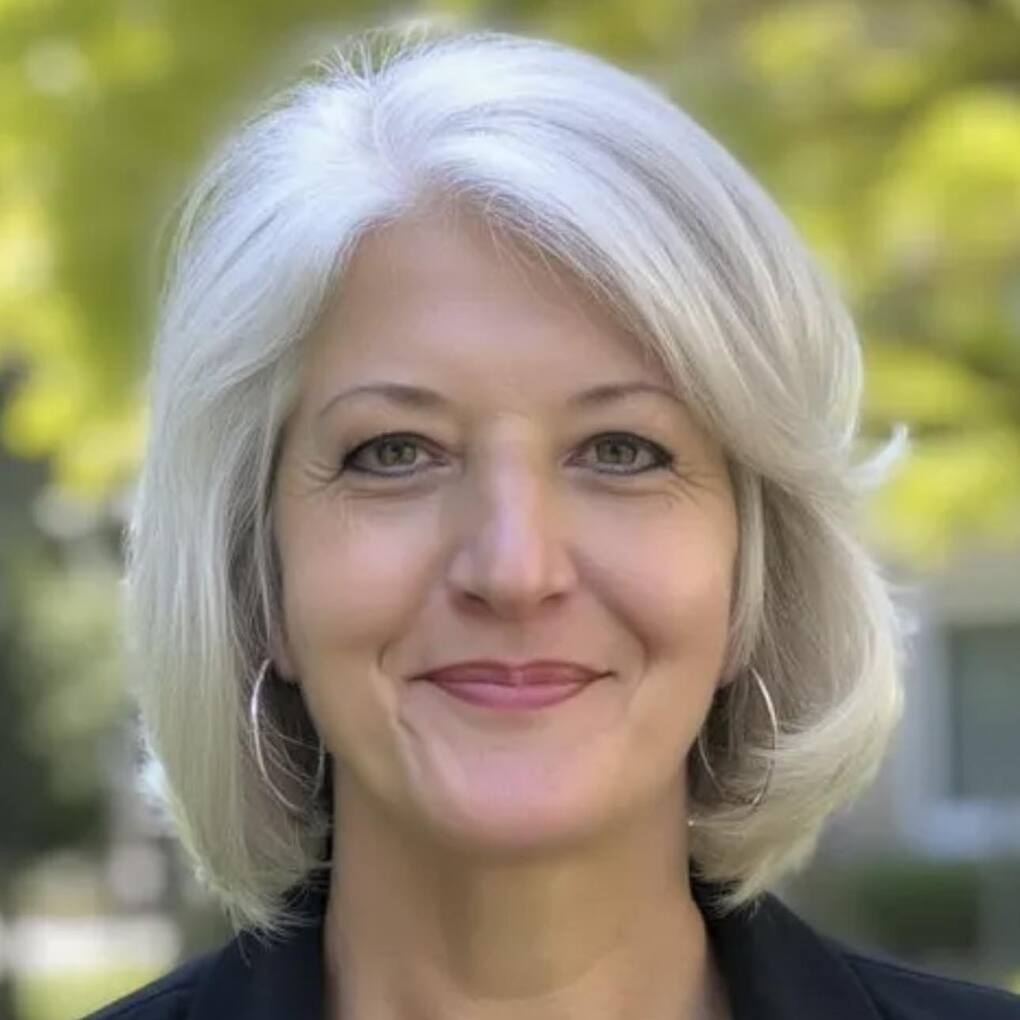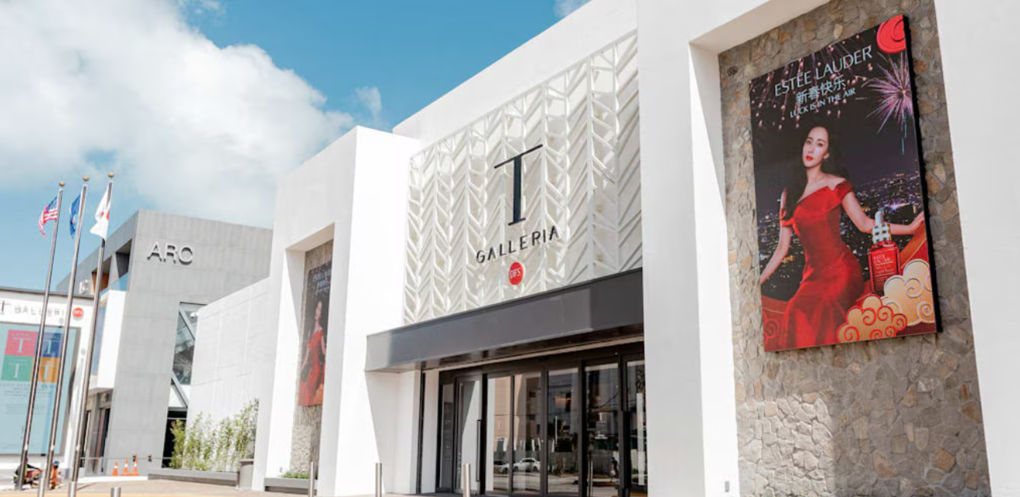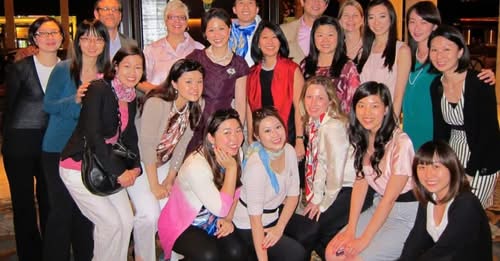INTERNATIONAL. Duty Free Americas (DFA) will continue to diversify in new channels and territories to insulate against future crises and to invest for growth. That’s according to President Leon Falic, who said that the US border business north and south has remained relatively robust amid the COVID-19 pandemic, allowing the company to maintain trading when the airport market has been mostly shut down.
“Our border business has helped to support us recently,” he said. “It has remained strong throughout. The Canada-US border is open for commercial traffic and shopping is allowed. We are trading on that border and the southern border and both are doing well.
“Some brand owners used to think that the borders were not a real business, or didn’t want to be associated with it, but now they can see it is viable and important. People are more comfortable taking a long trip in their own cars than they are boarding a plane. We are seeing some airports now reopen but that will take time. We have got some areas of light but not compared to before or what it will be like once travel comes back.”
“I don’t know if I’ll bid on another airport that has a contract based on MAG” – Leon Falic
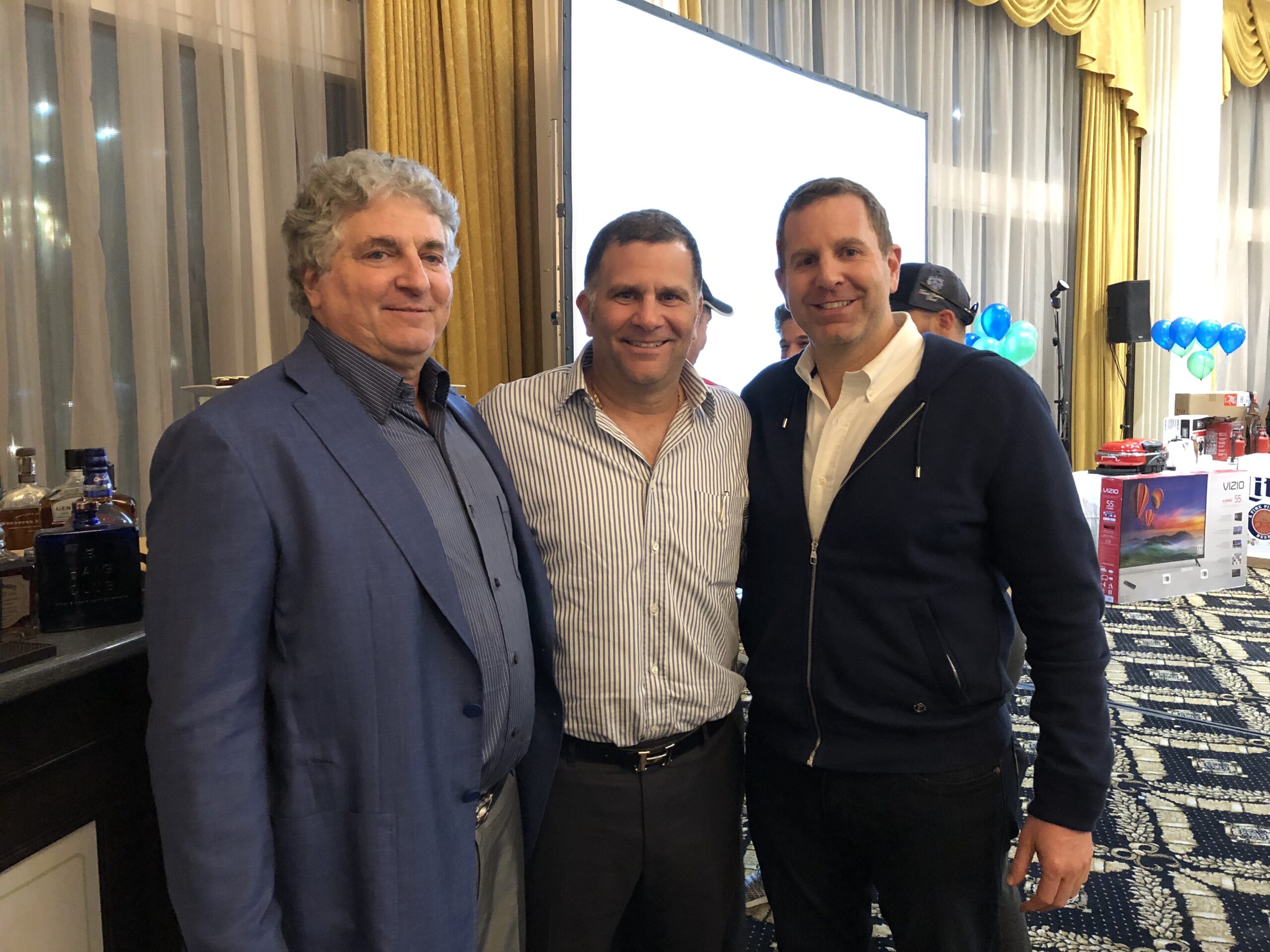
The family business – owned by Leon, Simon and Jerome Falic – recently stepped up its diversification drive by creating UETA Ship Supply, with a plan to supply spirits, wines and beer to cruise ships. Crucially, said Leon Falic, the ambition is to develop that business not only in North America but also overseas.
“It’s an opportunity. We have a big presence in Miami, which is home to the cruise ship industry and we want to cater to that market.
“UETA has relationships with brand owners and it is a name that relates to us already, but it is a very different business to anything else we do such as airports or border stores, which we operate. And we are running it separately. Cruise supply is more of a service business. And it will be supply; we have no plans to run shops in that market.”
“We are financially strong, which is positive. We saw in 2008 [amid the global financial crisis] what could happen and we don’t want to be in that situation. We pay our bills, we owe very little to suppliers and hopefully they see that we are a long-term partner.”
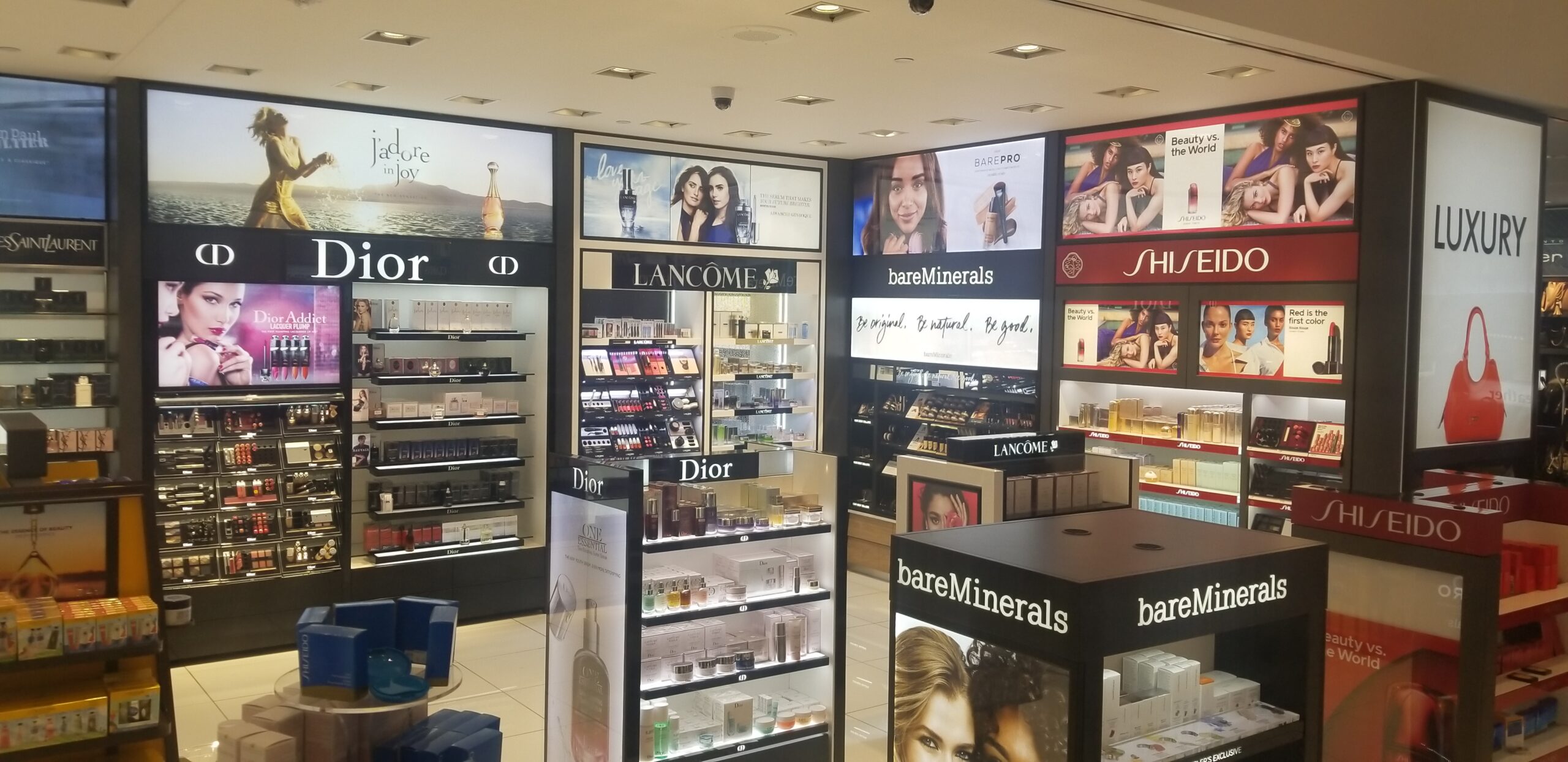
Falic said that the company’s existing retail and distribution business makes the move a logical one. “As we are in travel retail and local market distribution, plus ecommerce, with liquor, we felt that the only business we were not in was on the ships side.
“We are a big local market distributor in Colombia, in Panama, in Honduras. We are big in ecommerce and lead the online market in Israel and Singapore through paneco.com, but that business does not have anything to do with travel retail. We are also an investor in an online company called Reserve Bar in the US. The next part of taking the opportunity in the liquor business was to enter the cruise ship market.
“We had been looking at this for some time. We are now thinking we can add value. Our advantage is that we can be a worldwide player, not just a local player. There are other opportunities around the world and we can capitalise on that, just as we have in other areas. Our airline business in Ukraine has become a big success but is a new channel for us. We want channels that complement what we do already.”
Importantly, he added, the aim is to go beyond supply into becoming a full-service company in this sector.
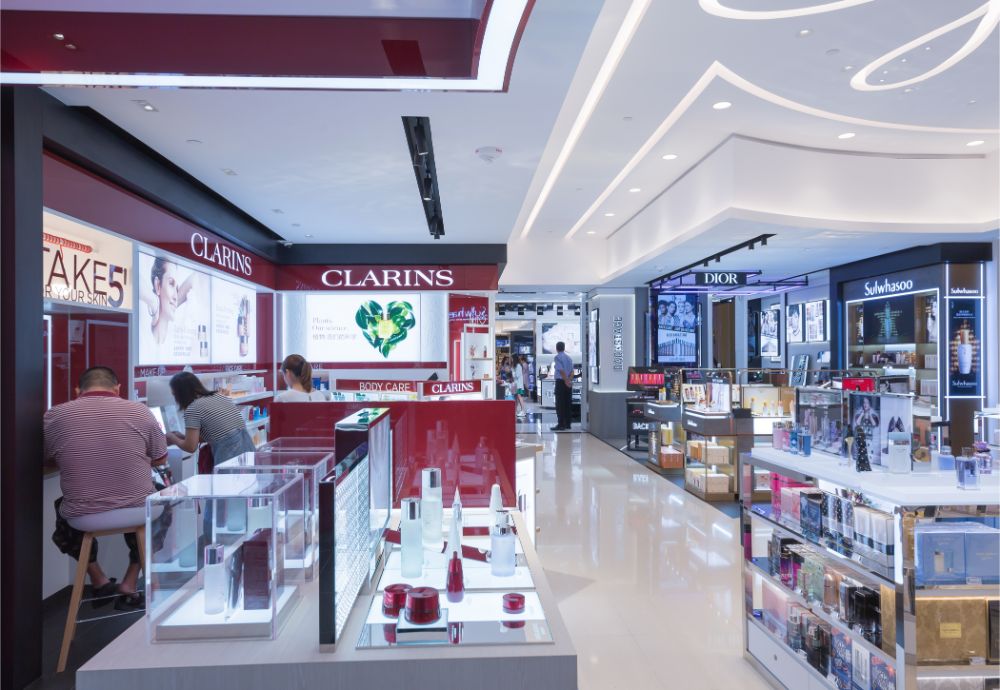

“Because of what we bring through the on-trade and off-trade we can bring expertise. It is a market built on bids and pricing but we can bring some added value there and in education and training, and become a full partner to the ships. That’s where we aim to get to.
“We will deal with all the cruise owners and operators. The bidding processes start soon and we plan to be part of that, as will others, but we will make sure we will be a strong player. We would not do it otherwise.
“We have warehouse locations in Miami and on the West Coast, plus we are looking at setting up locations in other parts of the world where we can service the cruise business.”
“I would not have thought of having a pandemic clause in a contract before now. Who could have foreseen what happened? I can tell you that we will look at new contracts very carefully.”
The family has also introduced dedicated expertise for the channel too. “We hired Mark Fine to lead sales and marketing and he is an expert in that industry having worked on the cruise ships side. We are also working with Ira Laufer who most recently headed Just Water, which supplies to a lot of the cruise ships.”
Just Water was founded in 2015 by Jaden Smith, son of the actor Will Smith, with a strong focus on sustainability; the product is responsibly sourced from spring water and the packaging made of 82% renewable resources. Laufer, who as CEO helped the company become a powerful force in the ethical drinks market, has now partnered with the Falics to help run their portfolio companies and to seek new investment opportunities.
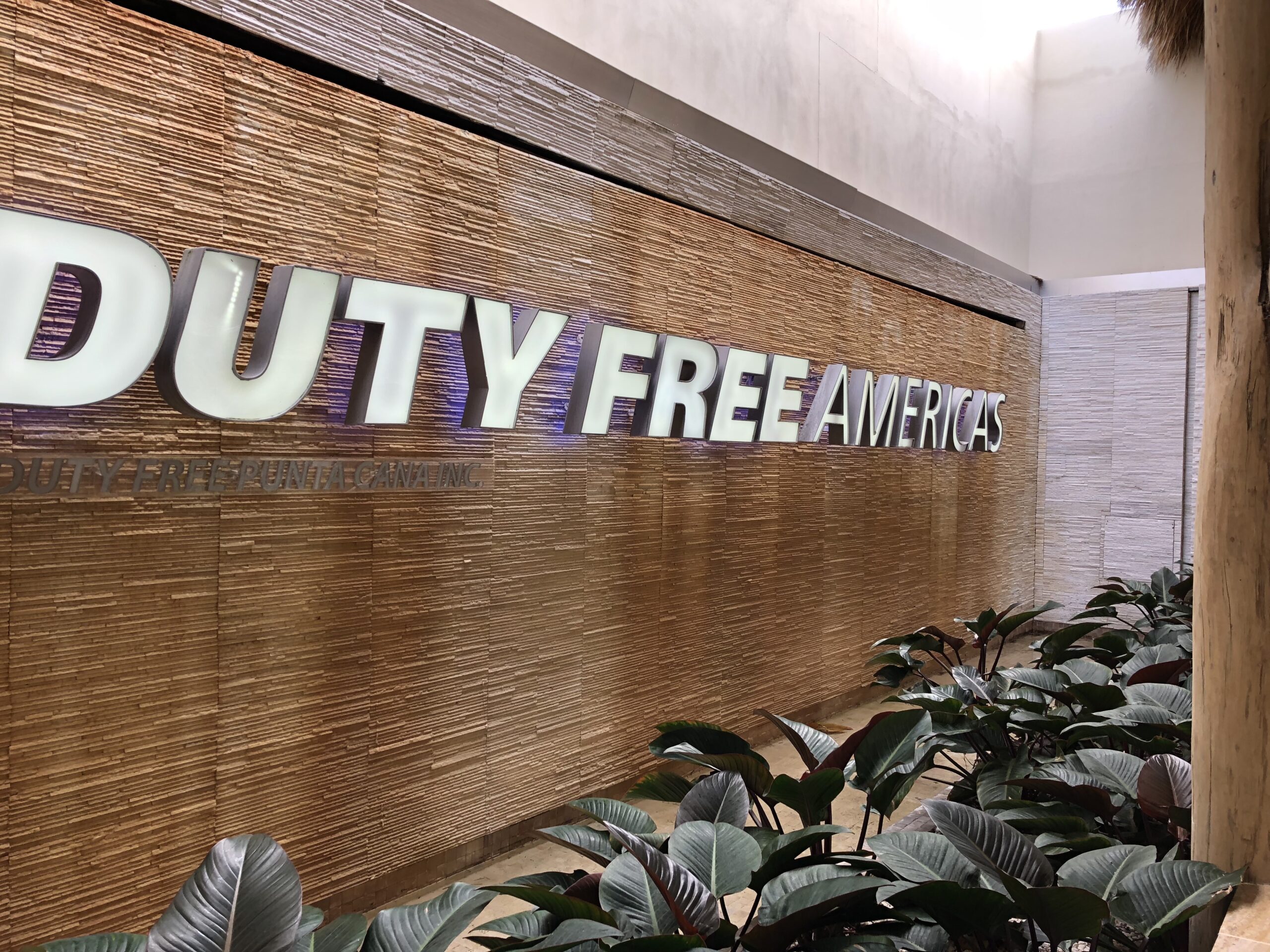
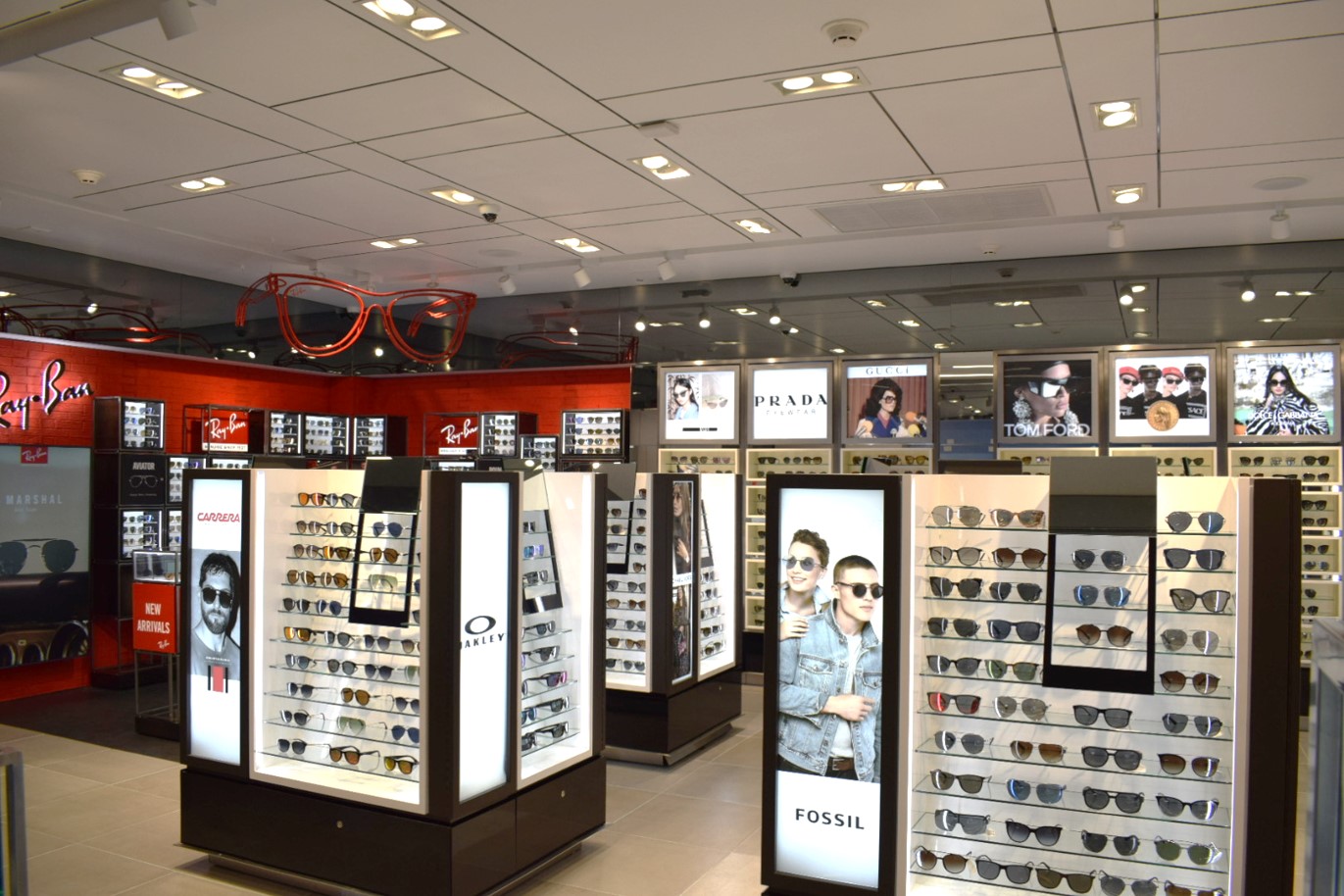
“Airports have to be aware that travel has changed. People live with security restrictions at airports but this is an unseen enemy. Nobody wants to get ill on a trip away from home.”
Falic said: “We are financially strong, which is positive. We saw in 2008 [amid the global financial crisis] what could happen and we don’t want to be in that situation. We pay our bills, we owe very little to suppliers and hopefully they see that we are a long-term partner.”
Asked how he sees the prospects for and timing of recovery, Falic said: “We are a little bit bearish about whether people will buy in the same way as they did, at least for now. It’s hard to know. People will travel again but will shopping be the priority? Will they sit in their seat and avoid contact? Will people be comfortable touching product after others do? Will they only want to buy cheaper? Will they have the money to spend?
“Airports have to be aware that travel has changed. People live with security restrictions at airports but this is an unseen enemy. Nobody wants to get ill on a trip away from home.”
He said that a system where airports could demand guaranteed income up front from business partners appears to be over.
“I don’t know if I’ll bid on another airport that has a contract based on MAG. I don’t mind paying a percentage as at least we are in it together [with the airport]. There is so much uncertainty. I would not have thought of having a pandemic clause in a contract before now. Who could have foreseen what happened? I can tell you that we will look at new contracts very carefully.
“People forget about history and it does repeat itself so maybe companies will go back to the old ways in time. Airports require certain funding, we recognise that, and maybe people will take risks in the way they used to. But let’s see.
“Everybody has been hurt in this, from airlines to airports to hotels. It is universal. Airports will remain important but I do think we’ll see people travelling in different ways, or not at all for a time.
“From a business viewpoint, I like airports. I like the sales per square metre you can achieve, I like the brand partnerships. I just want to ensure people have enough confidence to stay in our shops or F&B locations, with the correct protocols. The most important thing is that we make people feel safe so they can shop, eat or drink in any of our locations.”








